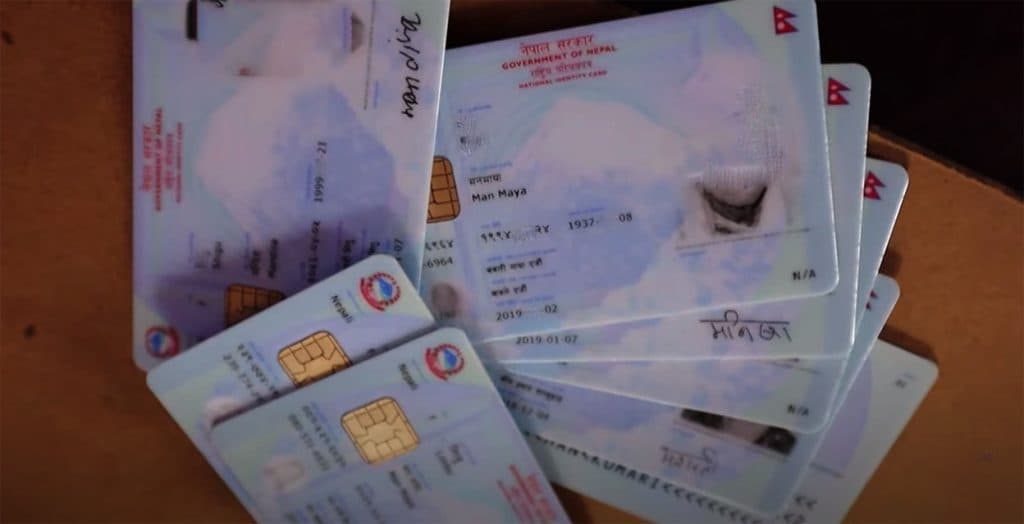Legal integrity under attack: Fascist tendencies in Nepal's post-republic political shift
Tuesday, January 21, 2025

Introduction: The Erosion of Democratic Values
Nepal's journey towards democracy has been marked by significant milestones, from the abolition of monarchy to the establishment of a federal republic. However, recent developments suggest a concerning shift towards authoritarian tendencies, raising questions about the future of democratic institutions in the country.
Historical Context: From Monarchy to Republic
The transition from a monarchical system to a federal democratic republic in 2008 was a watershed moment in Nepal's history. This transformation brought with it promises of inclusive governance, social justice, and institutional reforms. However, the path to consolidating these democratic gains has been fraught with challenges.
Key Democratic Reforms (2008-2015)
- Establishment of the Constituent Assembly
- Promulgation of the new constitution
- Implementation of federalism
- Recognition of minority rights
Current Challenges to Legal Integrity
Recent political developments have raised serious concerns about the erosion of legal integrity in Nepal. Several instances of executive overreach, weakening of judicial independence, and attempts to concentrate power have been observed.
Executive Overreach
The executive branch has shown increasing tendencies to bypass established legal procedures and constitutional safeguards. This includes controversial ordinances, arbitrary appointments, and attempts to curtail civil liberties.
Judicial Independence Under Threat
The judiciary, a crucial pillar of democracy, faces mounting pressure from political forces. Recent appointments and decisions have raised questions about its autonomy and ability to function independently.
Signs of Fascist Tendencies
Several worrying indicators suggest a drift towards fascist tendencies in Nepal's political landscape:
- Increasing centralization of power
- Suppression of dissenting voices
- Weakening of independent institutions
- Rise of ultranationalist rhetoric
Impact on Democratic Institutions
These developments have had far-reaching implications for Nepal's democratic institutions. Civil society organizations, media outlets, and opposition voices face growing challenges in performing their vital roles in a democratic society.
The Way Forward
Preserving Nepal's democratic gains requires concerted efforts from all stakeholders. This includes strengthening institutional safeguards, promoting civic engagement, and maintaining the separation of powers.
Recommendations
- Strengthening judicial independence
- Protecting civil society space
- Ensuring media freedom
- Promoting democratic dialogue
Conclusion
The current trajectory of Nepal's political development raises serious concerns about the future of democracy in the country. Vigilance and active citizenship are essential to prevent further erosion of democratic values and institutions.